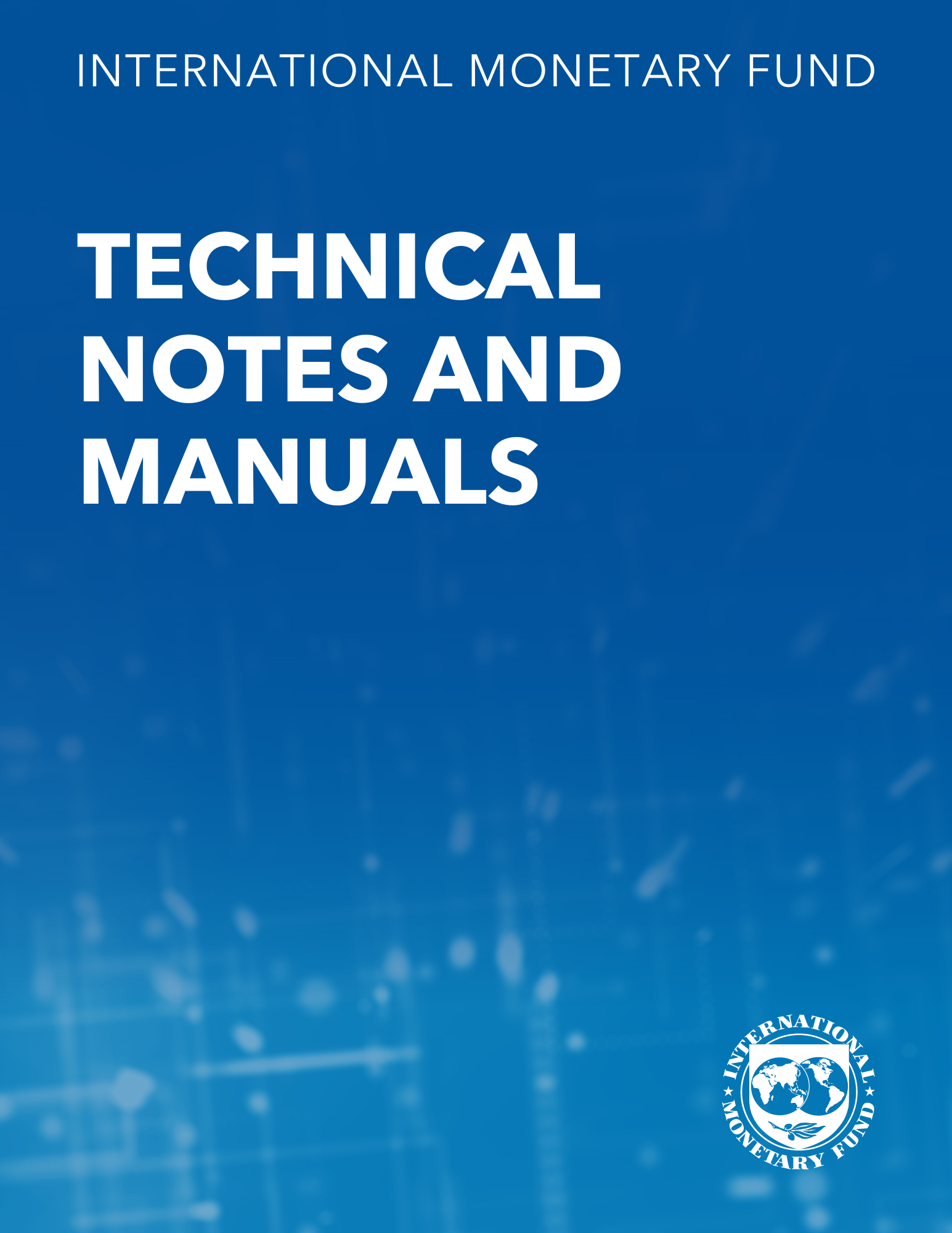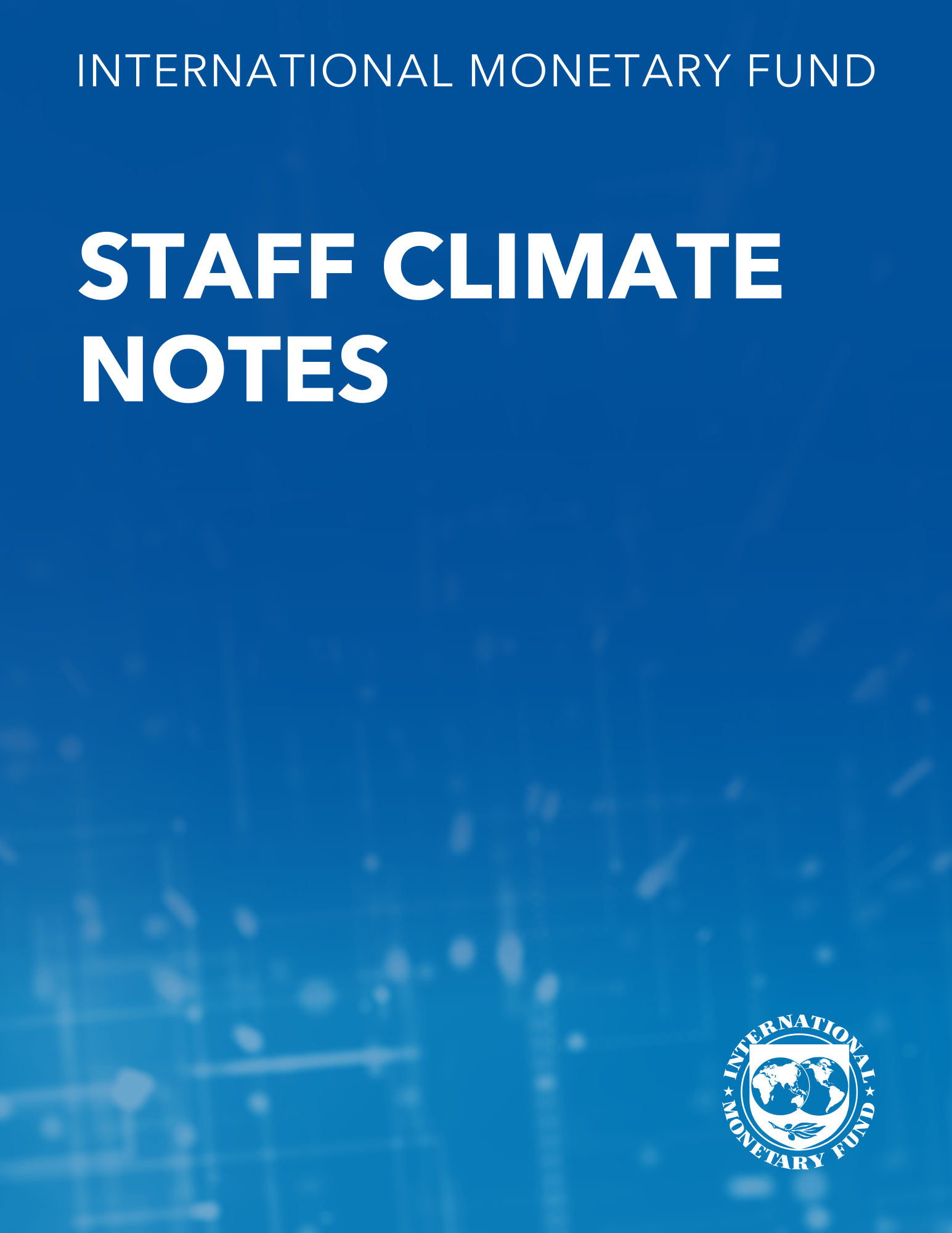Income and Democracy: Lipset's Law Revisited
December 17, 2012
Disclaimer: This Working Paper should not be reported as representing the views of the IMF.The views expressed in this Working Paper are those of the author(s) and do not necessarily represent those of the IMF or IMF policy. Working Papers describe research in progress by the author(s) and are published to elicit comments and to further debate
Summary
We revisit Lipset‘s law, which posits a positive and significant relationship between income and democracy. Using dynamic and heterogeneous panel data estimation techniques, we find a significant and negative relationship between income and democracy: higher/lower incomes per capita hinder/trigger democratization. Decomposing overall income per capita into its resource and non-resource components, we find that the coefficient on the latter is positive and significant while that on the former is significant but negative, indicating that the role of resource income is central to the result.
Subject: Income shocks, National income, Natural resources, Personal income
Keywords: coefficient, income, WP
Pages:
26
Volume:
2012
DOI:
Issue:
295
Series:
Working Paper No. 2012/295
Stock No:
WPIEA2012295
ISBN:
9781475596649
ISSN:
1018-5941







